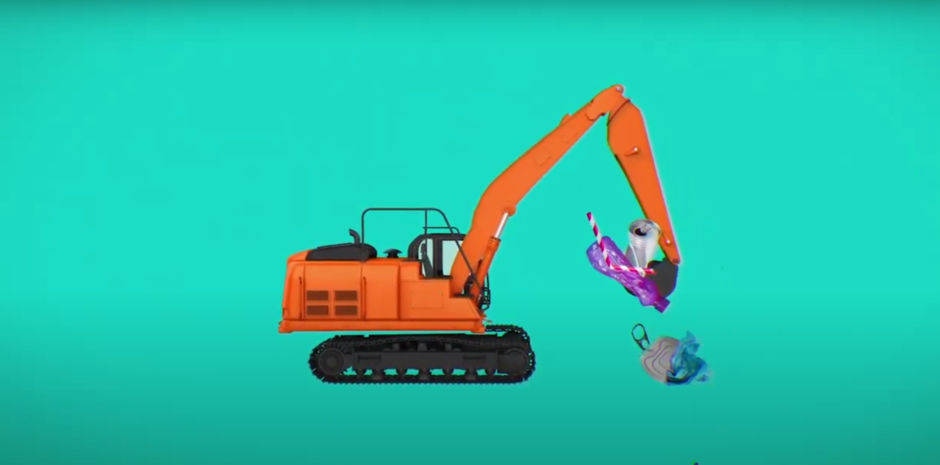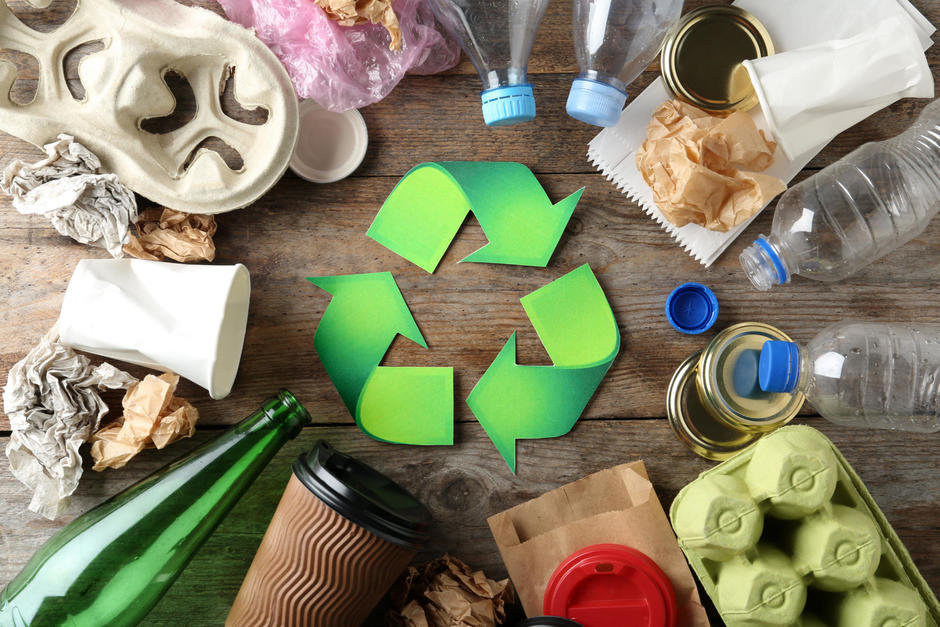
What is the initiative?
Wales aims to become a zero-waste nation by 2050. To align with this goal, in 2009 the Welsh Government launched its Scheme for Sustainable Development, in which the target was outlined to create a circular economy and increase recycling rates to 70% by 2025. From business owners to residents, every sector in Wales now has a duty to help Wales become a nation committed to recycling.

Who does it apply to?
To support this initiative, the Welsh Government will require all non-domestic premises (including businesses, and the public and the third sector) to separate key recyclable materials in the way the majority of Wales householders already do. To implement these changes, the Welsh Government will be laying new regulations (Non-Domestic Premises Recycling Regulations) to the Welsh Parliament in Autumn 2023, with the new regulations coming into force on 6 April 2024. This will require all businesses, public sector organisations and charities to separate their waste into the following streams:
- paper/card
- metal/plastic
- glass
- food
- unsold small WEEE (Waste Electrical and Electronic Equipment recycling) Unsold textiles
- textiles
- any waste which does not fit into these categories would be placed in a general waste container.
The Welsh Government is considering plans to include all Textiles and sWEEE within the separation requirements after the regulations have been in force for 2 years.
To ensure compliance with the new legislation, any organisation that does not separate its waste will be liable to penalties. This means that dry mixed recycling will no longer be collected and recycling will instead need to be segregated out into specific container waste streams. Waste companies will also no longer be able to collect general waste which contains recyclable items.

What are the other benefits of single stream recycling
Increasing business efficiency
By segregating your business’ recycling, you will be able to monitor how many containers and collections you require to meet your needs.
Enhancing environmental performance
Increasing recycling rates will help with reducing your carbon footprint and support the circular economy by limiting the amount of raw materials needed to create new products.
Are you aware of the new waste legislation coming into effect in Wales?
Join us in this episode of 'Ask the Expert', where Martyn Fuller is joined by Michael Bosely, Area Account Executive to tell us more about the new legislation, how to prepare and what businesses must do to be compliant.

How can you make sure you’re prepared?
At Veolia, we will be closely monitoring the proposed initiatives and legislations as they develop and updating this hub with all the key dates and information you will need for your business. In the meantime, we recommend that you make the changes to your waste streams right away so you have time to get your team on board with the new system. We can help you by conducting a site audit to determine the most appropriate waste streams for your business.
-Further Reading-

Veolia trials single line recycling to boost the circular economy in Wales

Biggest Recycling Myths Debunked



